1. Playing the Recorder- The Loudest Skill No One Ever Wanted

If you went to elementary school in the ’70s, ’80s, or ’90s, odds are you squeaked your way through a song or two on a plastic recorder. We were taught fingerings and melodies like “Hot Cross Buns” as if this ancient wind instrument would be a gateway to musical greatness. But for most of us, it ended in headaches—ours and our parents’. Unless you became a professional woodwind player (and odds are, you didn’t), the recorder remains one of the most unforgettable but utterly unused “skills” we learned in school.
2. Cursive Writing Has All But Disappeared
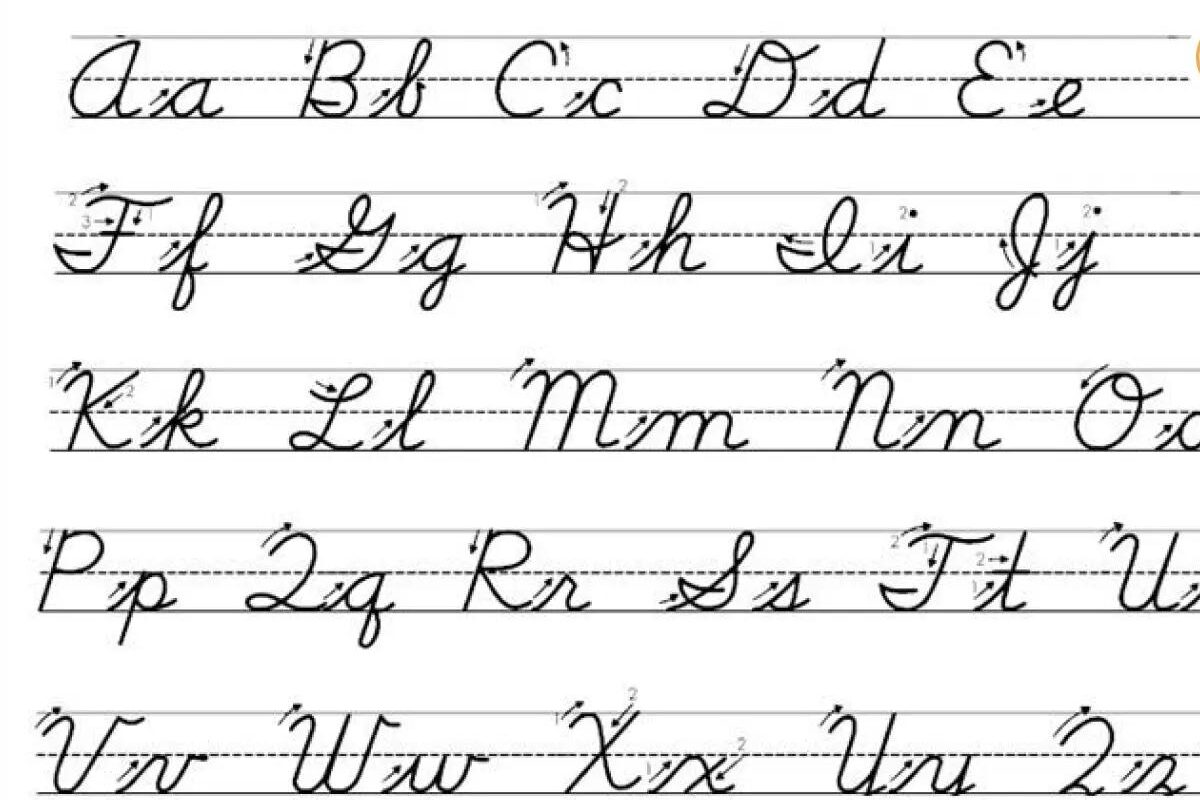
We practiced cursive endlessly, learning to write in flowing script. Yet, as technology took over, typing became the norm, and cursive writing faded into obscurity. Today, many adults rarely use cursive, relying on keyboards and touchscreens instead, making those hours of penmanship practice feel somewhat obsolete.
3. Calculus and Pythagorean Theorems: Complex but Rarely Useful

Remember sweating over derivatives and integrals? Calculus was a major hurdle in math class, aiming to teach us about change and area under curves. But outside school, it rarely helps with everyday tasks like filing taxes or budgeting. Most adults find they never need to calculate limits or rates of change in daily life, making this complex math more of an academic exercise than a practical tool.
4. The Krebs Cycle Mystery
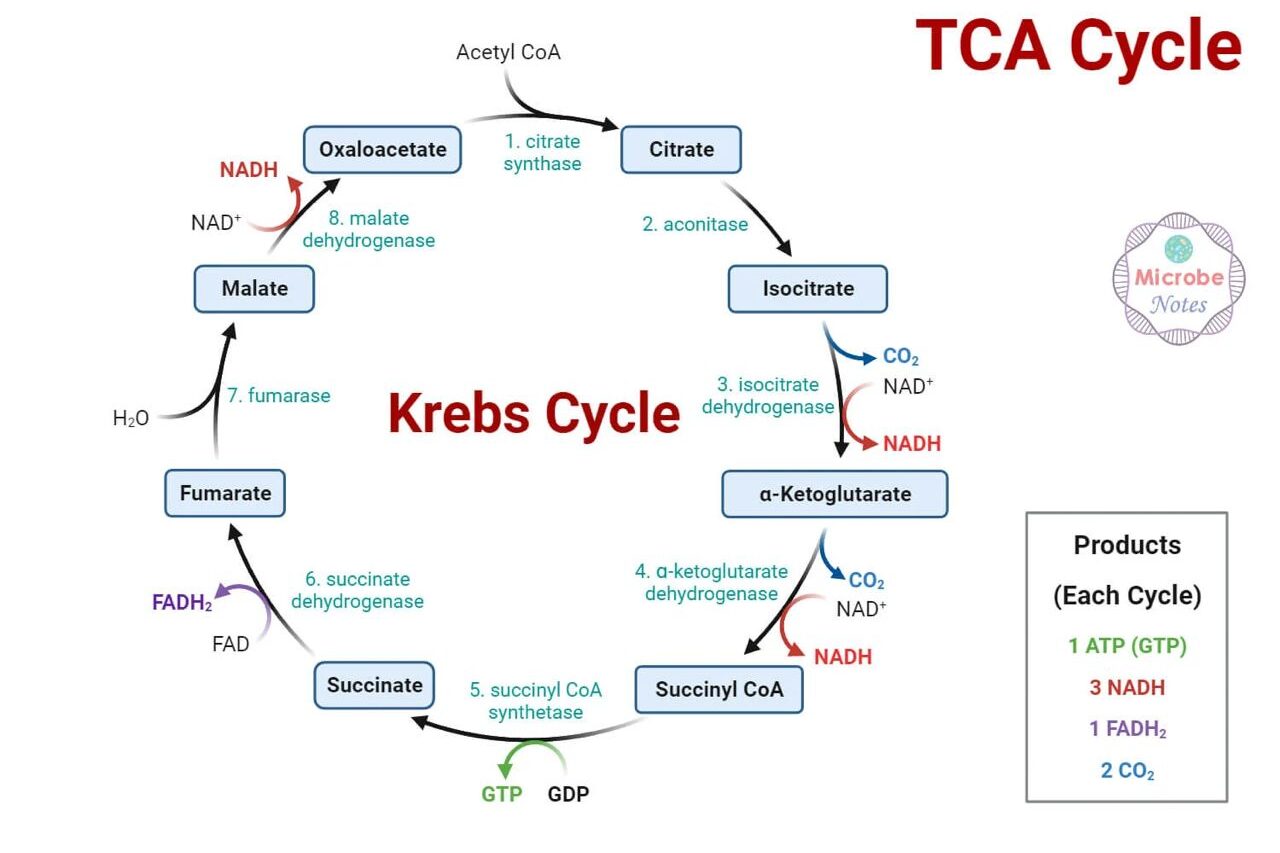
In biology, the Krebs cycle was a rite of passage, and memorizing the steps of cellular respiration and energy production was a must. It’s fascinating science but quickly forgotten after exams. Few adults recall the intricate chemical pathways, as it doesn’t directly impact everyday decisions or health choices, making it a forgotten chapter once school ends.
5. Using Protractors

Using a protractor to measure angles felt like a precise art in school. We carried these tools in our backpacks but rarely opened them after class. In real life, most people don’t measure angles manually. This is because they are mostly relying instead on digital tools or simply estimating, making this skill one of those forgotten classroom relics.
6. Memorizing State Capitals
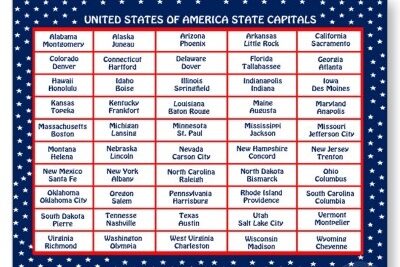
Memorizing state capitals gave us a trivia edge but didn’t translate into practical knowledge. Knowing that Sacramento is California’s capital might impress at a quiz night, but it rarely influences daily decisions or conversations. This fact is more about memory exercise than real-world usefulness. But I do have to admit that American’s are not good at Geography, so perhaps learning this would not have been all that bad.
7. Dewey Decimal System is Now All But Obsolete

Learning the Dewey Decimal System helped us navigate library shelves like pros. However, with digital catalogs and Google searches, this once-essential skill has become largely irrelevant. Most people now find books online rather than relying on physical classification, making this system a relic of the pre-digital age.
10 Skills We Should Have Learned But Didn’t

Have you ever wondered why so much of what we learned in school, like advanced math and obscure history dates, felt irrelevant the moment we stepped into the “real world”? Surveys show that over 83% of adults believe personal finance should be taught in school, and educators warn that without real-life skills, students can graduate with theoretical knowledge but lack the tools to thrive. Let’s unpack 13 life skills we should’ve mastered in school. These are skills that could’ve eased our transitions into adulthood and shaped our futures in ways no test ever could. From mastering taxes and health insurance to launching careers and nurturing mental well-being, each item reveals what schools often miss and why it truly matters.
1. We Should Have Learned to File Taxes

Ever stared at tax forms and felt your brain freeze? Instead of memorizing quadratic formulas, we should’ve had a class walk us through W‑2s, deductions, and filing deadlines so that April wouldn’t freak us out. Instead of unnecessary assignments, a take-home work should have been: Learning to e‑file or spot common deductions (like student loans or medical expenses). This could save hundreds or even thousands each year.
2. We Should Have Learned Budgeting & Debt Management

We spent hours on imaginary numbers, but not a minute on real ones like tracking income, setting spending limits, or avoiding high-interest debt. Imagine graduating knowing how to separate needs from wants, manage a credit card, and make a plan for paying things off instead of struggling with late fees and rising balances. I wish they had incorporated these into the school syllabus then.
3. We Should Have Been Taught Investing & Retirement Basics

Compound interest could’ve been the secret sauce to financial freedom, if only someone had explained it in class. Just think: if we understood how to start small with stocks or retirement accounts, our money could’ve been growing for decades instead of us learning about X intercepts.
4. We Should Have Been Taught Basic Car Know-How

Checking your oil shouldn’t feel like rocket science. Yet we graduated and became clueless about tires, fluids, or brakes until car trouble hit. A simple lesson could have taught us how to change a tire, check tire pressure, or top up coolant and even change the oil. And these would’ve saved stress, money, and stranded roadside panic.
5. We Should Have Been Taught To Understand Contracts Like Leases, Credit, Loans, & Mortgages.

Instead of dodging reading adult agreements, we should’ve learned how to break down a lease, be it for an apartment or a commercial space. We’d know to look for hidden fees, length of commitment, renewal options, and repair responsibilities before signing. Negotiation matters: experts say, “Always involve a lawyer” and check termination clauses, rent terms, and hidden costs like maintenance or escalations. And business advice often emphasizes researching the market and seeking professional support to get a better deal. But those cost solid bucks. A simple lesson in school could have given many an end start.
6. We Aren’t Taught To Understand Health Insurance

Remember being clueless when paperwork arrived? If we’d had classes on deductibles, premiums, co‑insurance and coverage networks, the first medical bill scare wouldn’t have felt like doomsday. Researchers at the University of Michigan highlight that teaching kids the basics of medical insurance and preventive care, “could benefit their long‑term health”. Even a short walk-through would turn confusion into confidence and help avoid unexpected expenses.
7. Boys & Girls Both Should Have Been Taught Home Economics

Cooking, cleaning, laundry are basic life upkeep that wasn’t a universal lesson in school, but it should have been. We leave home sometimes barely knowing how to boil pasta or manage chores. A true-home-econs class would have taught meal planning, nutrition, cleaning routines, even sewing or ironing, these practical skills that save money, build independence, and ease daily life.
8. We Should Have Been Taught to Speak in Public with Confidence

Ever froze in front of classmates, heart pounding, voice shaking? Public speaking is more than a grade, it builds self-assurance and clarity for life. Imagine presenting a project smoothly, then shining in a job interview without breaking a sweat. As experts note, “Public speaking gives [students] the opportunity to speak out and express themselves eloquently,” empowering confidence and critical thinking for school, work, and beyond. Turns out, your ability to talk confidently matters more than your GPA.
9. Some Of Us Would Have Benefitted From Learning to Start a Business

Freelancing gigs, passion projects, and so many more, why weren’t these part of school? We needed entrepreneurship teaching to know how to pitch a service, find clients, manage projects, and stay resilient. One expert says entrepreneurship education, “connects students and equips them with lifelong skills, and inspires them to make an impact”, teaching problem-solving, communication, time management, and resilience.
10. We Should Have Been Taught How to Nail Job Interviews & Write Resumes
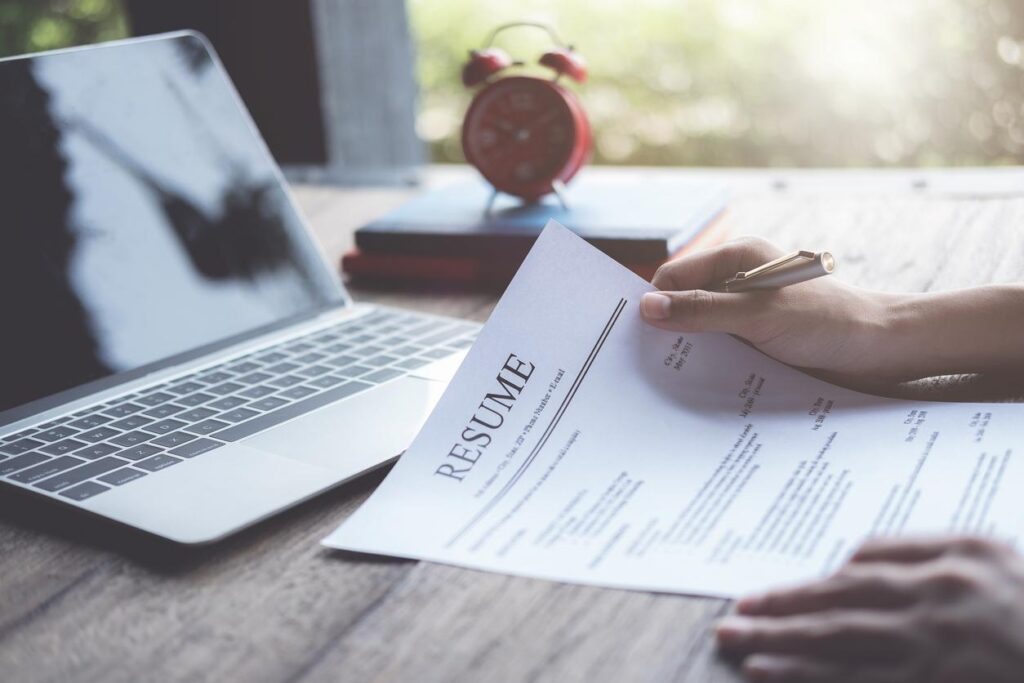
We learned speeches but not how to sell ourselves. Writing a resume? Preparing for “Tell me about yourself”? Those real-life interview skills could’ve opened job doors, or at least… stopped the panic. A high school mock-interview volunteer shared that working with students “inspired me and broke my heart a little,” underscoring how vital it is to guide teens in resume-building and interview prep before they hit adult life.
7 Things We Thought Were Pointless, But Turned Out to Be Incredibly Important

School often feels like a strange collection of chores, endless typing drills, awkward group work, dusty library sessions, and creative classes that seem to exist just to fill time. Yet, when we look back, these seemingly pointless assignments were secretly shaping us for life beyond the classroom. So let’s revisit seven school days that seemed pointless but were actually priceless.
1. Typing Class

Back then, we complained about repetitive drills. Now we know they built speed, accuracy, and confidence. As one educator explained, “Typing is a necessary skill for today’s students… enables them to focus on what they’re typing vs. how to type”. In fact, with more exams and work online, proper keyboarding has become essential and “foundational”. These days, modern typing isn’t just muscle memory, it’s organizational skills too. A digital writing coach noted that typing “encourages a more structured approach … allowing students to easily edit, rearrange, and clarify their thoughts”. Turns out those drills were busywork only until they turned us into digital-age thinkers.
2. Basic Computer Skills

Sure, learning to open Word or save a file felt boring. But those early lessons set the stage for unstoppable digital fluency. Simple skills like formatting text or navigating folders gave us a head start. One student reflected, “Computer literacy empowers me by helping in school… to communicate with my loved ones… and to know more about the world”. And at work, basic computer know-how remains non-negotiable: according to a training provider, proficiency today includes sending emails, performing simple calculations, and troubleshooting if something goes wrong. In short, what felt like boring assignments were actually the building blocks of our professional adaptability.
3. Group Projects

Remember how group projects always felt chaotic and unfair? They were actually life’s first lessons in collaboration, conflict management, and leadership, even if we didn’t know it. Teamwork essentials like open communication, trusting each other, balancing responsibilities, and resolving conflicts were all part of the package. From wrestling with group decisions to learning how to lead or adapt, we got firsthand practice in teamwork that shaped how we handle real-world collaboration. That annoying group work was really a sneak peek at our adult professional lives, in small, messy parts that mattered more than we realized.
4. Speech & Debate
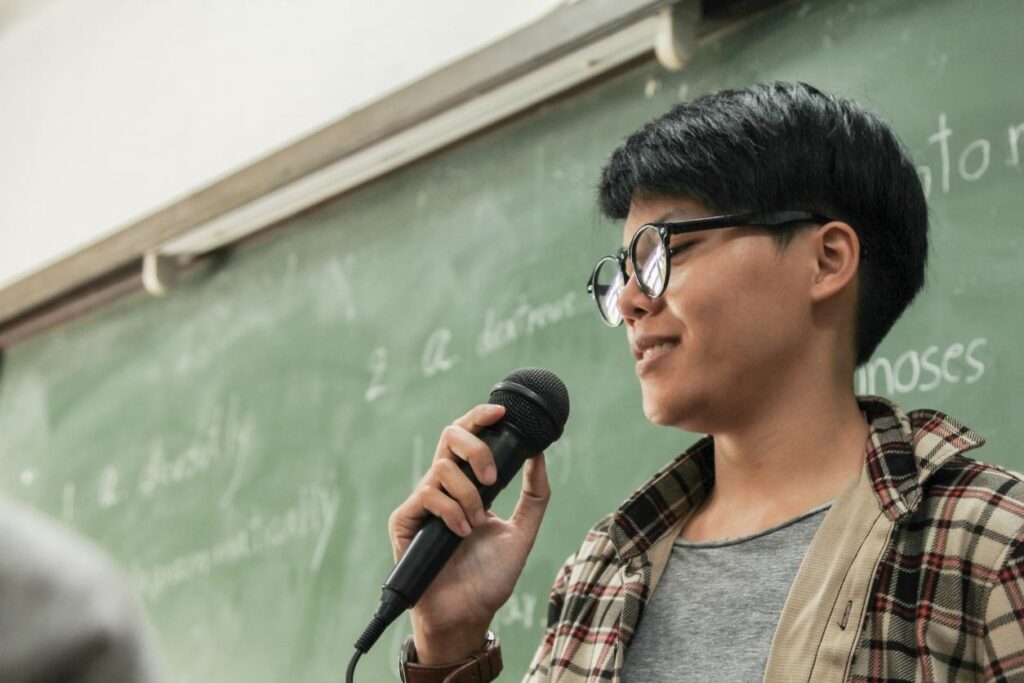
Joining speech and debate probably seemed nerve-wracking and maybe pointless if you weren’t aiming to be a lawyer or speaker. But it trained you for anything involving persuasion, performance, or public presence. Speech and debate is known to improve critical thinking, communication, collaboration, and creativity, making it “uniquely suited” for real-world readiness. Beyond thinking on your feet, this experience gives you poise, resilience, and clarity skills that slip into boardroom pitches, meetings, and everyday conversations without you even noticing. That stage time was more than a school exercise, it was practice for public life.
5. Creative Writing

Think back to those creative writing assignments, poems, short stories, or journal entries, they felt like fun diversions, but they actually sharpened far more than our pen. Writing from the heart builds mental muscles: memory, creativity, critical thinking, and verbal skill all get a workout. Plus, writing regularly trains discipline and reflection. You learn to structure ideas, revise, and communicate clearly; skills that carry into reports, emails, pitches. Creative writing gave us confidence to tell our own stories, whether in class or at work today.
6. Library Research Skills

Yep, library time felt like a treasure hunt or a chore, but those lessons in research taught us how to spot truth from nonsense. Librarians taught us to source, understand, evaluate, and crosscheck information long before Google existed. Programs like Singapore’s S.U.R.E emphasize exactly that: “Source, Understand, Research, Evaluate”. In today’s age of misinformation, those habits are essential. Studies show that media literacy interventions help people spot false news more accurately. That dusty Dewey decimal system was actually training us for a world of fake headlines.
7. Art, Music & Theater: The Heart Behind the Handbook

We didn’t get far with the Recorder, but saw art, music, or drama as ‘extras’, but they quietly shaped our empathy, creativity, and courage. Theater classes boost quick thinking, self‑esteem, and teamwork by asking students to embody other lives. Studies show engaging in the performing arts reduces anxiety, builds confidence, and supports mental health with reduced stress and stronger social connections. Similarly, visual arts foster creative problems‑solving and critical thinking, even improving math and memory skills. These creative outlets taught us to express emotion, cope with challenges, and innovations so that when life got real, we weren’t lost for words or ideas.
Did school get it mostly right or mostly wrong for you? Share this list with someone who’d agree—or strongly disagree. And let us know in the comments what you think should (or shouldn’t) be on this list.
This story Everything School Got Wrong: 15 Useless Lessons, 13 Missing Skills, and 7 Surprises That Turned Out to Matter was first published on Daily FETCH


